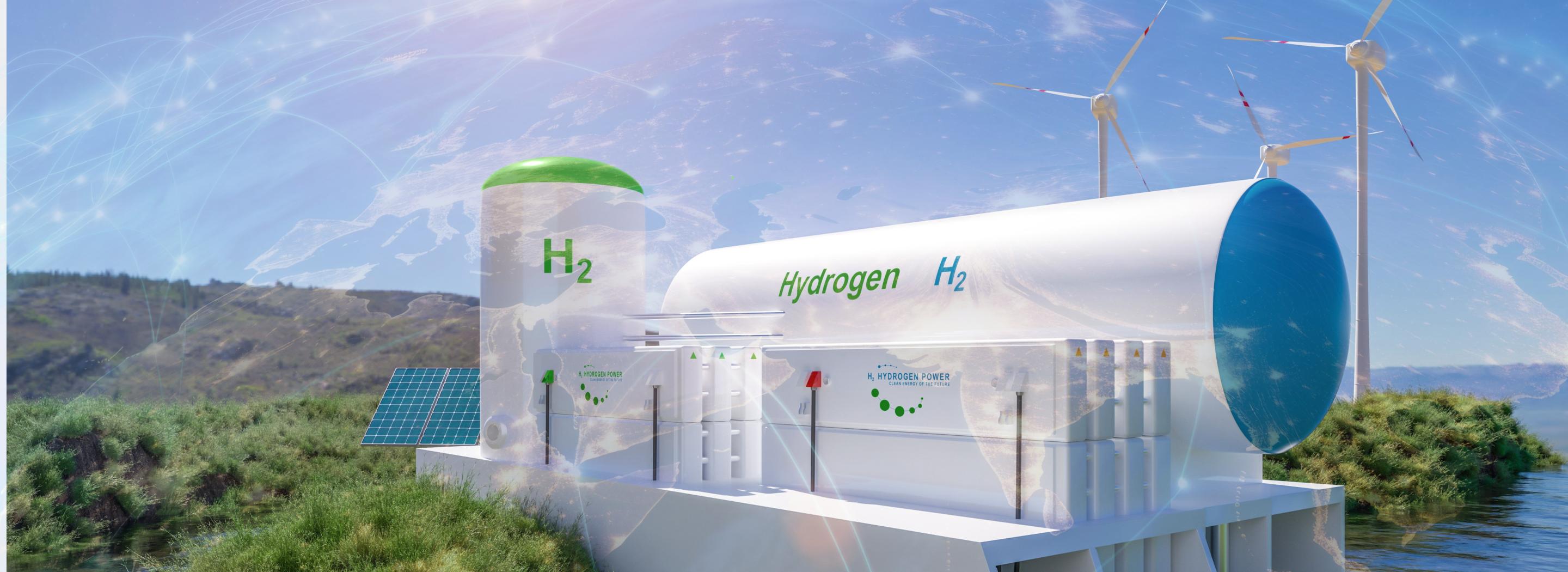UNIDO’s GEF-8 Global Clean Hydrogen Programme
29 February 2024
Author(s): UNIDO
UNIDO’s ‘Global Clean Hydrogen Programme’ (link) for 14.9 million USD and 141.5 million USD co-financing was approved in early February 2024 during the 66th GEF Council Meeting under the GEF-8 funding cycle. This follows shortly after another UNIDO project was approved under GEF-8 for ‘Green Hydrogen Energy Application Project’ (link) in China for $17.8 million USD and $178.6 million USD co-financing. Both projects are envisaged to mobilize further funds and public-private partnerships.
Both the Global Clean Hydrogen Programme and the Green Hydrogen Energy Application Project fall under the UNIDO’s umbrella hydrogen initiative, the Global Programme for Hydrogen in Industry, which assists developing countries and transition economies in overcoming identified barriers in order to accelerate the local uptake of clean hydrogen for a low-carbon industrialization and encourage a just hydrogen transition.
Over its five-year plan, the Global Clean Hydrogen Programme will enhance national institutional capacities, create enabling policy frameworks, improve technological readiness through capacity building, promote innovation, and design financial mechanisms and risk mitigation strategies. At the global level, the programme will foster collective learning through knowledge creation, sharing and exchange of good practices on clean hydrogen production and application. Country-specific technical assistance focusing on green hydrogen industrial clusters will be tailored and nationally implemented in Algeria, Ecuador, Egypt, Malaysia, Namibia, Nigeria, the Philippines, and South Africa. UNIDO will cooperate with further countries and invite them to join the programme.
The ‘GEF-8 Green Hydrogen Energy Application Project’ in China will catalyse green hydrogen production and utilization with the goal of supporting the energy transition in Ningdong, Dalian and Shenyang. The project will develop policies, standards, regulations, and an information platform to promote a green hydrogen integrated supply chain as well as the demonstration of green hydrogen applied to industries and heavy-duty trucks. The project will also promote capacity building, knowledge dissemination and international cooperation. In its five-year lifetime, the project aims to mitigate 147 million tonnes of CO2 and benefit 50,000 local inhabitants in terms of green job creation.
Through such programmes, UNIDO will further cooperate with key hydrogen stakeholders such as the European Commission, the World Bank, the German Agency for International Cooperation (GIZ), and development finance institutions to leverage diverse resources, expertise, and convene key global stakeholders to upscale the hydrogen economy in developing countries and transition economies and accelerate hydrogen uptake at global level.

